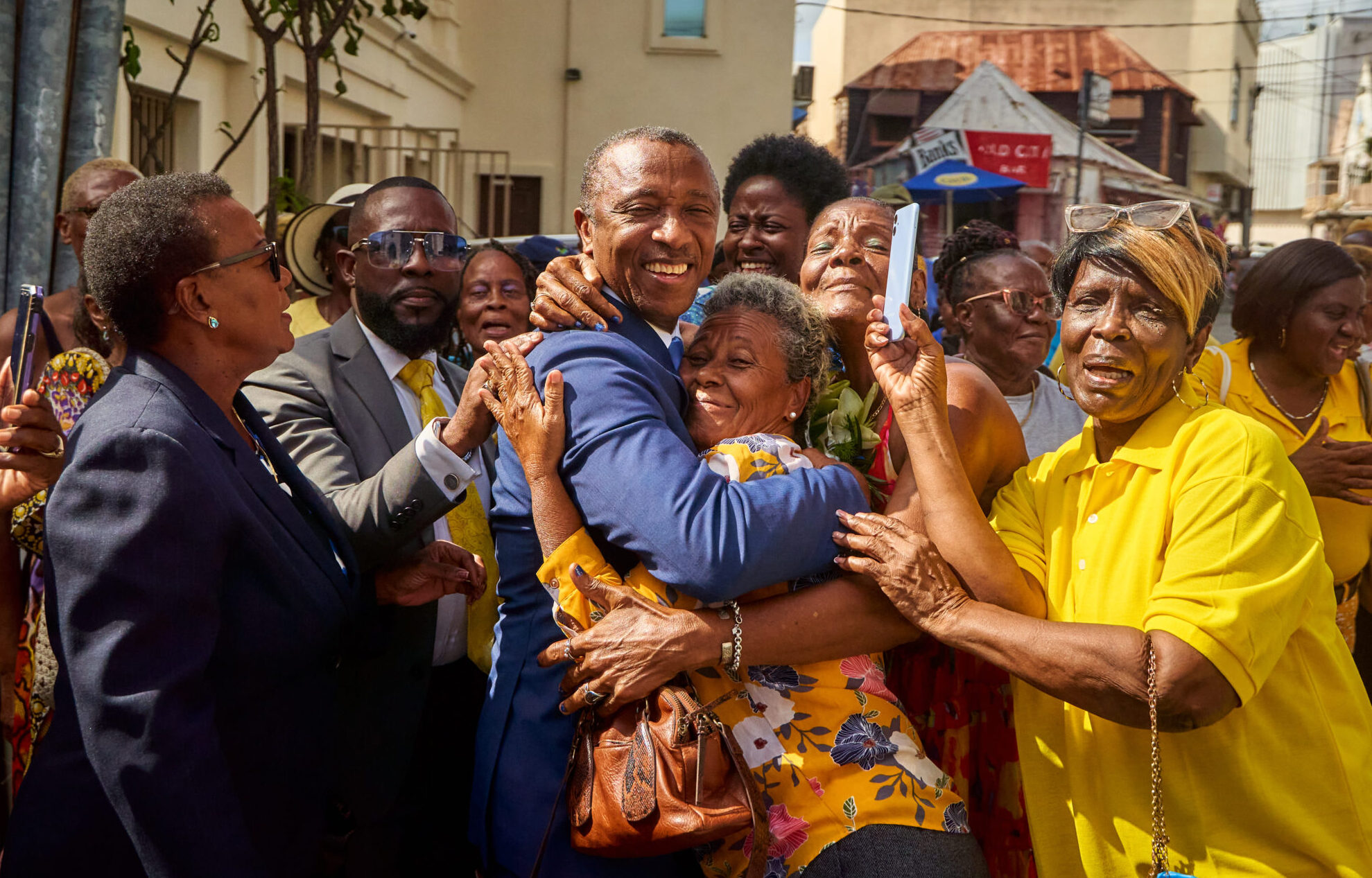Amid the furore which has engulfed the Opposition Democratic Labour Party (DLP) in recent times, sober reflection still ought to lead to the acceptance of the value of following rules and regulations rather than emotions.
It should perhaps also lead to an understanding that arguments based on facts are easier promoted than those based on allegiances and new-found friendships.
Much has been said about the return to the DLP of Opposition Leader Ralph Thorne, the sitting member for the constituency of Christ Church South. His defection from the ruling Barbados Labour Party (BLP) was met with elation by many DLP supporters, and also with some skepticism. His departure was greeted by consternation by some in the BLP, with one member taking to social media to conduct an anti-Thorne video campaign.
Thorne’s return to his first political association was also met with praise and gratitude by apolitical individuals who saw the benefit of an Opposition in the halls of power. His presence has brought energy to parliamentary debate and highlight to legislation that might have otherwise flown under the radar.
But under the DLP’s constitution, Thorne’s readmission meant that automatically as its sole member in the Lower Chamber he became the political leader of the party. He became the principal voice of the party. He became the individual through which political decisions would flow. He became the DLP’s head honcho.
Only the politically naïve would have anticipated that the political leader of an organization would assume a secondary, or even a tertiary role. Such an occurrence would almost be anachronistic, akin to a disciple of Jesus wearing a Rolex watch in biblical times.
Thus, the constitution of the DLP by definition indicated that its president Dr. Ronnie Yearwood would be subordinate to Thorne. This, not by choice or demand, but by rules and regulations written in black and white.
As Leader of the Opposition it fell to Thorne, and Thorne alone, to name two members to the Senate. The DLP’s constitution does not put this onus on the president, the general secretary, the treasurer, or anyone else.
Section 50 of the DLP’s constitution sets out the role Thorne would have fulfilled, a role made easier by being the sole member in the House of Assembly. And so, he chose Senators Ryan Walters and Tricia Watson.
Whatever might have been his motivation, general secretary Steve Blackett then publicly declared that the two senators, who are legitimate members of the DLP, were not speaking on behalf of the DLP in the Senate.
We cannot and will not pretend to be able to read minds, but what is certain is that Blackett’s comments did not align with what is written in the DLP’s constitution with respect to the political leader and chairman of the parliamentary group who happened to be Mr. Thorne, Mr. Walters and Ms. Watson.
And what about conduct, especially in the public domain that is liable to bring the party into disrepute? The DLP’s constitution speaks about an “Agreement to Conform”. That is that members must conform to the “constitution, rules, party directives and programmes” as directed. Thus, it must be asked that if the hierarchy of the party makes a decision to expel, enrol, change locks or run naked along George Street, can individual members, youth arms, women’s league, et al, hold meetings, decree “war”, call for members to disrupt annual conferences or generally make public utterances that run counter to the DLP’s constitution? Can such behaviour escape censure?
There has been some suggestion that all was well prior to Thorne’s return to the DLP? This simply is not true. Having lost 30-0 on multiple occasions, all could not be well. Without a voice in Parliament, and an occasional one outside, all could not have been well. There has also been the suggestion that Yearwood commanded the majority, or the popular support of the DLP membership. But is this true? Is this perception, reality or emotion talking?
Speaking on this issue last year days after the DLP elections, political scientist and a director of Caribbean Development Research Services (CADRES), Peter Wickham, described Yearwood as a “minority leader”.
Following Yearwood’s victory as DLP president, Wickham had this to say: “Although the outcome of the Democratic Labour Party’s (DLP) election last Saturday was hailed as a resounding victory by the re-elected president and his supporting cast, a sober reflection on the facts suggests a very different reality. President Dr Ronnie Yearwood should be congratulated on having scored more votes than any of his adversaries, however, to suggest that this is all that matters reflects a shallow analysis.
“In reality, more people voted against Yearwood and this is indisputable evidence of a divide within the DLP, which cannot be wished away. The DLP, therefore, continues to navigate the most tempestuous political waters imaginable with a crew that is not settled on this captain.”
The perception was that Thorne’s reconnection with the DLP was a ready-made stimulus package upon which a reenergised group would robustly keep watch over the BLP and hold the Government’s feet to the fire.
Issues related to cost of living, crime, perceived corruption, the debt crisis, crippling taxes attached to gasoline prices, morality, and other matters of national importance have been sidetracked somewhat. And in their place, egos, personal ambitions, threats, war cries and tantrums have stalled the DLP. It seems an opportunity squandered and a willing act of party cannibalism.





